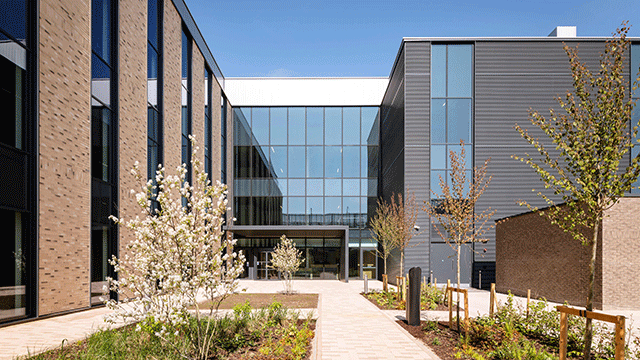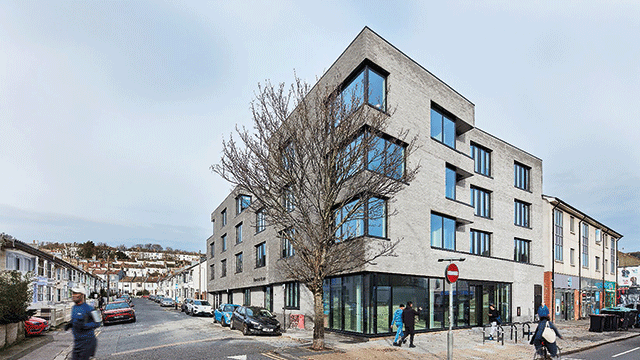What a difference a year makes. Last year the DTZ Money into Property report painted a picture of an industry on the up. The sector was feeling almost upbeat. But that was before the sovereign debt crisis and the UK’s official return to recession.
Fast-forward 12 months and the property industry has come to the stark realisation that life in 2012 is going to be a little bit more tricky than expected.
Tony McGough, head of global forecasting and strategy research at DTZ, said: “This survey is always carried out from January to March and last year people were feeling more confident. They thought that all we needed was a bit of growth and to sort through the debt issues.”
He added: “Now, knowing that there is not going to be any growth in the economy, the view is that there won’t be lending. Expectations have changed and it’s clear that this year is going to be tougher… People are realising how tricky 2012 is going to be.”
Last year, half the banks surveyed by DTZ said they would boost lending this year; that figure has now fallen to just 22%.
And securing debt on secondary property and developments is set to become even more difficult, with 64% of banks expecting to reduce lending on non-prime and 55% on speculative development. Banks are even becoming averse to lending on prelet schemes: the percentage of those expecting to reduce activity increased from 17% last year to 27% this year.
Moreover, says DTZ, the cost of money is set to rise as almost two-thirds of the banks it surveyed said that terms would be tightened. This compares with 10% holding that view last year.
However, looking ahead to 2013, there were a few glimmers of hope as the percentage of lenders expecting to relax terms rose from 6% last year to 36%.
Investors had a similarly gloomy outlook, with almost 70% expecting bank debt to decline in 2012, up from 25% last year.
But institutions are expected to increase their lending to the industry this year, with 58% of investors expecting an uplift. DTZ says pension funds and insurers could provide as much as $150bn (£93bn) of new lending capacity globally over the next two years, which it says could rectify the debt funding gap in Europe if centred on that market.
But that seems to have done little to boost confidence in an uplift in activity among investors.
Compared with 2011, five times as many investors told DTZ’s researchers that they expected net investment in property to fall this year. And that was off the back of a 1% drop in the value of UK invested property stock to £537bn in 2011.
It is the UK’s financial position that has driven this decline, as the 4% increase in equity was not enough to offset the 4% drop in debt.
UK Investment volumes disappoint
Overall investment in the UK property market fell by 10% to £30bn last year, according to DTZ’s figures. The decline was caused by a lack of prime stock, a shortfall in the expected volume of loan-related stock and a lack of appetite from investors caused by the increasingly uncertain economic atmosphere. Continental European investors significantly decreased their spending in the UK as they retrenched to their own markets in the face of the continuing eurozone crisis. Domestic buyers still made up more than 60% of the market last year, but the non-UK element of the market is now led by Asian investors.











